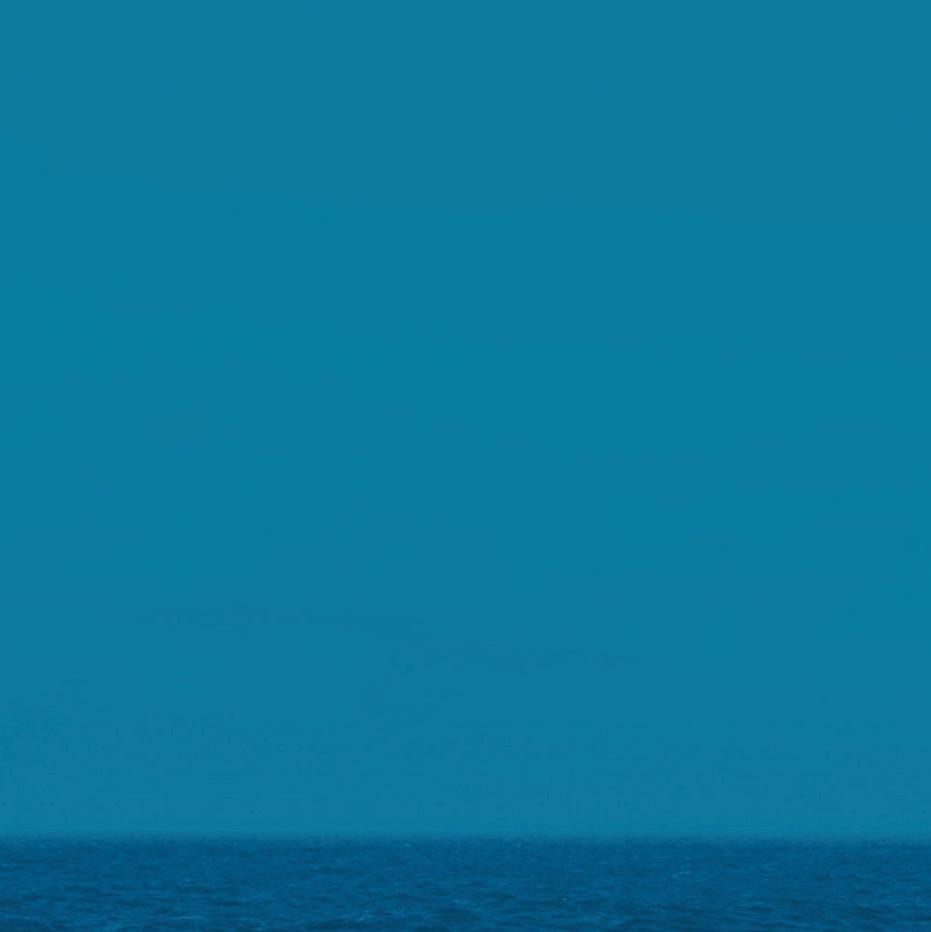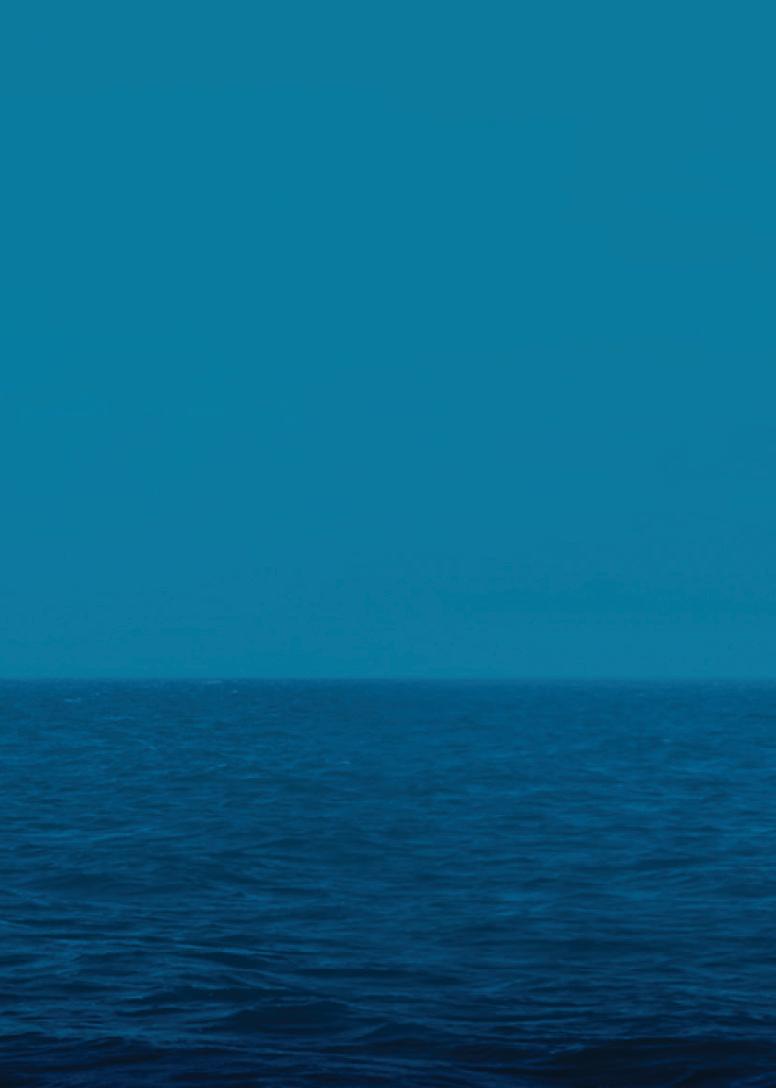
Tech and skills drive






















A new marine research vessel will be commissioned in Iceland at the end of this year, and is currently under construction at Astilleros Armón in the Spanish port of Vigo. The new vessel was launched in January this year and is currently being outfitted. The government of Iceland took the decision to place the order for the new vessel in 2018, as a celebration of the centenary of Iceland becoming a sovereign state.
“This magnificent new vessel represents a revolution in marine research in Iceland. Marine research is the basis of further success in the sustainable exploitation of common marine resources and a greater understanding of the marine ecosystem.’ said Minister of Fisheries Svandís Svavarsdóttir.
The new marine research vessels measures 70 metres overall, with a 13 metre breadth. A great deal

Publisher:
Ritform ehf.
Brekkutröð 4
605 Akureyri
Tel +354 899 9865
Iceland
ritform@ritform.is
www.ritform.is
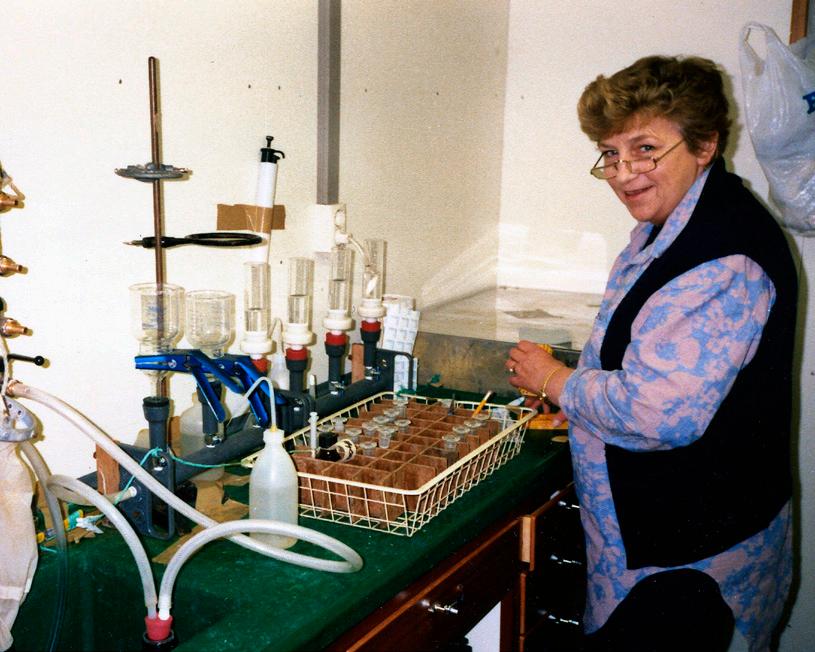
Editor:
Jóhann Ólafur Halldórsson johann@ritform.is
Designer:
Guðmundur Þorsteinsson
Advertising:
Ingibjörg Ágústsdóttir, inga@ritform.is
Printing:
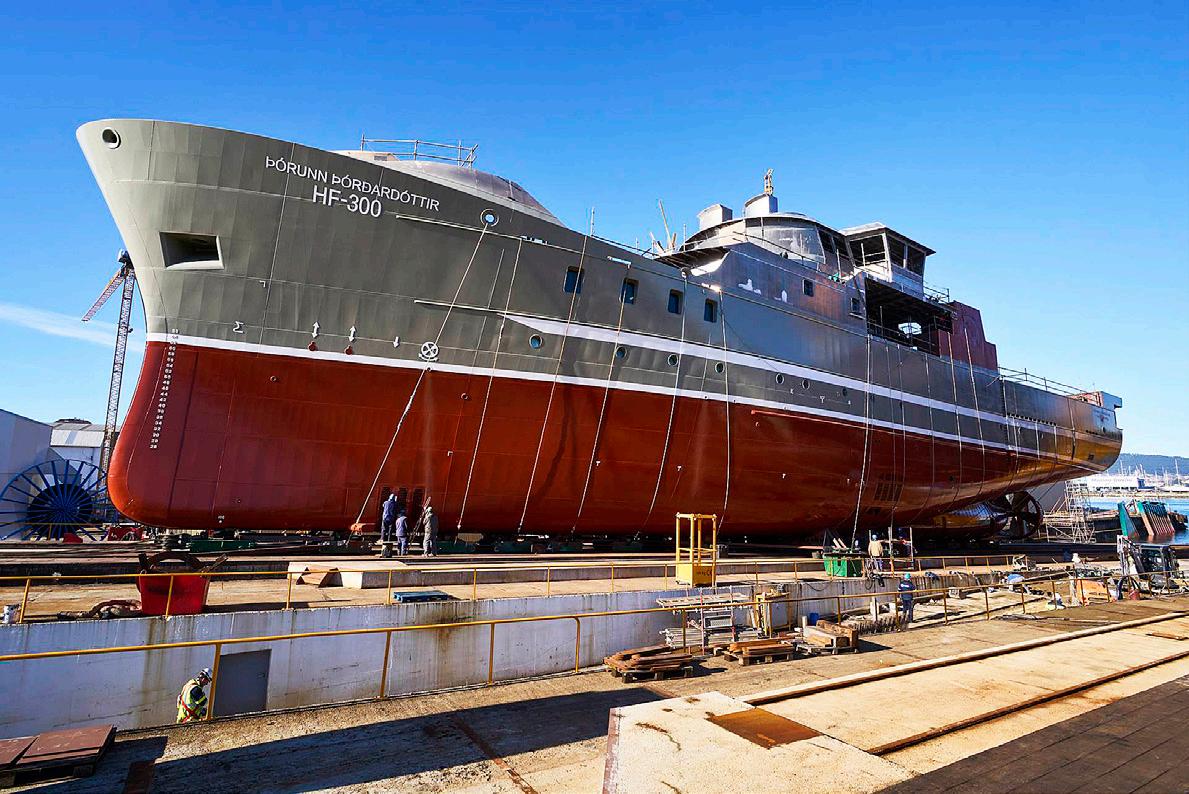
of emphasis has been placed on making this vessel as environmentally friendly and economic to operate as possible, and it has twin propellers powered by electric motors. The primary fuel source is diesel, but there are also heavy-duty battery packs on board which contribute to economic operation.
The new vessel has been named Thórunn Thórðardóttir HF-300, and this is in honour of the first Icelandic woman to study ocean sciences.
Thórunn Thórðardóttir worked at the Marine and Freshwater Research Institute and pioneered research into seaweed species in Iceland.
Iceland certainly makes full use of its marine research vessels, as the new vessel replaces Bjarni Sæmundsson HF-30, which has served as a research platform in Icelandic waters for 53 years.
Thórunn Thórðardóttir was launched at Astilleros Armón in Vigo in January this year.

73% of Icelandic freezer trawler catches are processed using Vélfag machinery!
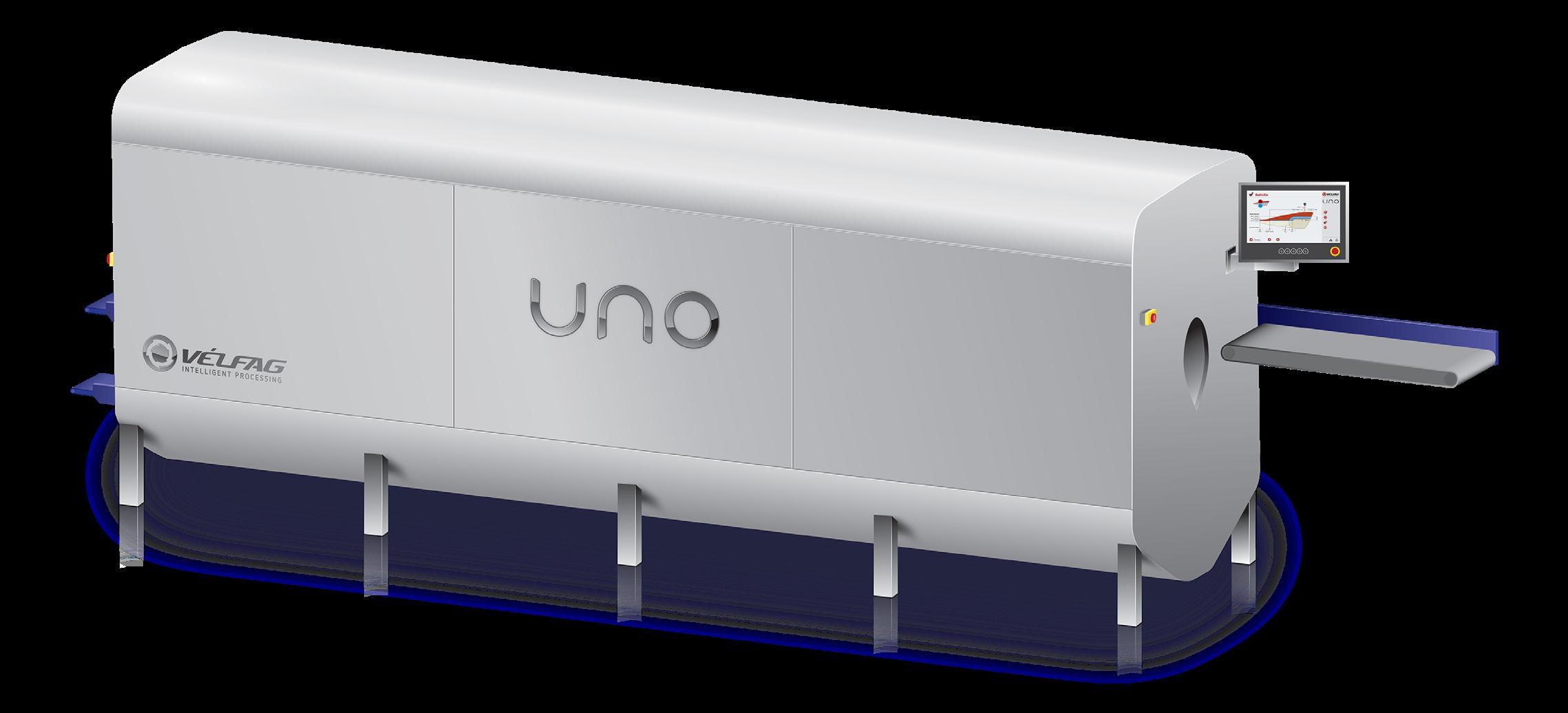
UNO replaces several machines and revolutionizes whitefish processing ALL IN ONE!



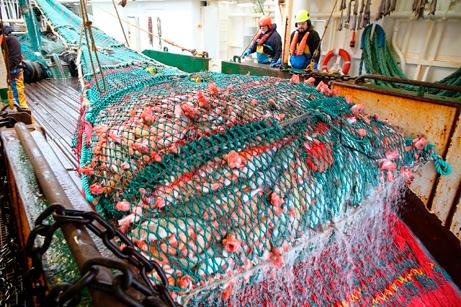
In 2020 fishing companies in Iceland signed a special social responsibility undertaking concerning the environment and society. This relates to the carbon footprint of seafood, safety issues, education in the seafood sector and the recycling of fishing gear. All of the larger companies in the seafood industry in Iceland participate in this initiative.
On the basis of this social responsibility initiative and legislation concerning the circular economy and recycling, a framework for handling fishing gear was established.
The aim of this system is to maximise circularity of fishing gears and to prevent
these from ending up in quayside skips or as landfill.
Strategies are sought to increase the rate of return, to encourage re-use and recycling, making it possible to reduce the amount that becomes waste. In this context, a target was set of achieving an 80% return rate, of which 80% is recycled.
The initiative’s first full year was 2022, and the results were clear and positive. In that year Iceland doubled the volume of fishing gear exported for recycling with 1700 tonnes of fishing gear shipped to recyclers, which was 600 tonnes over the target figure.
Fishing gear from Iceland is increasingly shipped overseas for recycling. Photo: Thorgeir Baldursson• To document well managed Icelandic fisheries to the highest level of assurance
• To preserve the fisheries managament principles adopted by the international community
• To offer our customers choice in certification‘
A clear focus on internationally accepted criteria – FAO criteria
• The IRF foundation is the owner of the IRFM Management Standard and the Chain of Custody Standard, which in turn, are based on The 1995 Code of Conduct for Responsible Fisheries as well as the FAO Guidelines for the Ecolabelling of Fish and Fishery Products from Marine Capture Fisheries published in 2005 and in an updated and extended version in 2009
• The programme utilizes a Certification Body, accredited by ISO, to independently manage the certification and assessment methodology used to assess and certify Icelandic fisheries.
Two complementary Standards
• Fisheries Management Standard
For fisheries of Icelandic vessels within the Icelandic EEZ and for the pelagic fisheries of shared stocks by Icelandic vessels in the High Seas.
Sets out the requirements that must be achieved for becoming an RFM certified member.
• Chain of Custody Standard
Provides the fishing industry with a clear statement of the requirements to be achieved by the applicants to gain the Chain of Custody certification.
An independent audit is carried out by an approved Certification Body to verify that those requirements have been achieved.
The Standard gives assurance to a labelled certified claim on a seafood product, that the product originates from a certified responsible management fishery
As a result: the adoption of a robust and meaningful third party certification system, specific to the needs of Icelandic fisheries.
The certification mark can be used to identify the catch from certified fisheries which have been certified according to the Icelandic Responsible Fisheries Management Standard. For seafood products that are not processed in Iceland, same rules apply as for those processed by Icelandic producers.
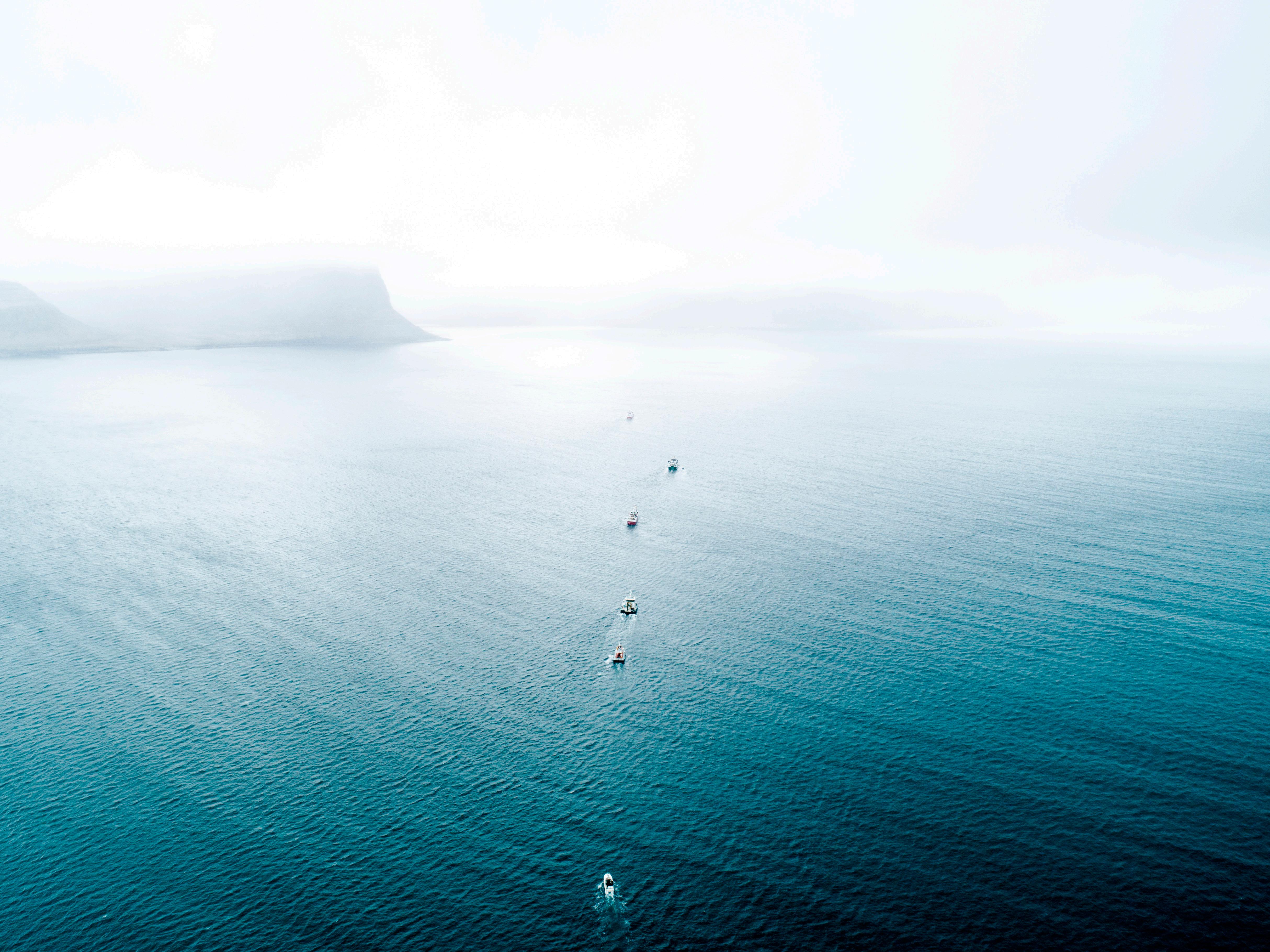
The Board of the IRFF authorizes other organizations to use the certification mark to identify their products or services if they fulfil the conditions set in these rules.
Fisheries operators or processors that have a valid fishing licence or processing licence as appropriate, issued by the Icelandic authorities, are authorized to use the certification mark on those products, provided that they are able to demonstrate accepted traceabilit systems.
Stakeholders that apply for a permit to use the certification mark must have a valid Chain of Custody certification based on the Responsible Fisheries Management Chain of Custody Standard.
Cod
Haddock
Saithe
Golden redfish
Ling
Herring
Tusk
GSSI recognized since 2016
• GSSI is a global platform and partnership of seafood companies, NGOs, experts, and governmental and intergovernmental organizations.
• The mission of GSSI is to ensure confidence in the supply and promotion of certified seafood by increasing comparability and transparency in seafood certification
• The GSSI Benchmark tool gives formal recognition to seafood certified schemes.
• GSSI recognized fisheries certification schemes are considered equivalent with respect to credibility, by fulfilling the criteria established in internationally accepted reference documents, such as the FAO Guidelines for the Ecolabelling of Fish and Fishery products from Marine Capture Fisheries.

On March 20, the annual Bacalao de Islandia competition among culinary students occurred in Mérida, Spain. The nation‘s most skilled young chefs prepared Icelandic salted cod in inspiring dishes. This is the third time Seafood from Iceland has sponsored the contest, with 18 schools from all corners of Spain participating, following a preliminary competition in each school.
With nearly 200 students participating each year, the Bacalao de Islandia competition serves as a significant platform for introducing many newly graduated chefs to the versatility and richness of Icelandic salted cod. This ingredient, historically a staple in many popular dishes in Spain and Iceland‘s largest salt cod market, takes center stage in the competition. The event, a part of the marketing project Seafood from Iceland,
managed by Business Iceland, is a strategic initiative aimed at promoting Icelandic salted cod in the culinary schools and food sector. Similar competitions are held annually in Portugal and Italy, other significant markets for salt cod.
This year‘s standout chef (among many) was 21-yearold culinary student Marta Oti from the ESHOB school in Barcelona. She wowed the judges with her dish, “Historia y Memoria” (History and Memory ). Marta‘s culinary masterpiece featured a unique blend of flavors and textures, including apple compote, confit leeks, lemon with cod tripe stew, and Iberian ham in ajoarriero style. The dish was further elevated with a Kokotxa in pil-pil sauce and a glaze made from cod trimmings and txacolí. Marta‘s exceptional culinary skills and creativity earned her a dream trip to Iceland, a well-deserved prize that serves as an inspiration to all aspiring chefs, especially those at the beginning of their culinary journey.
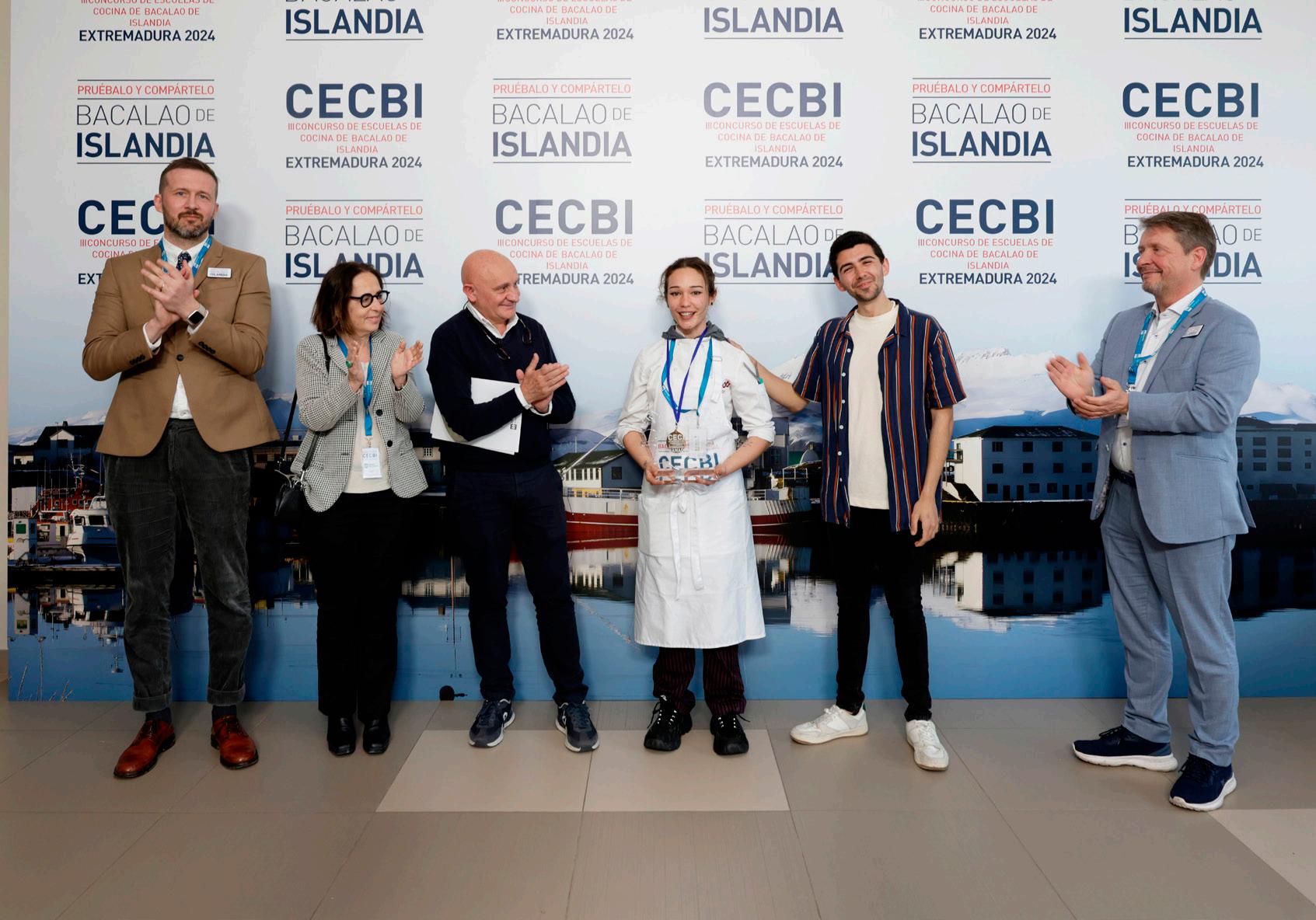
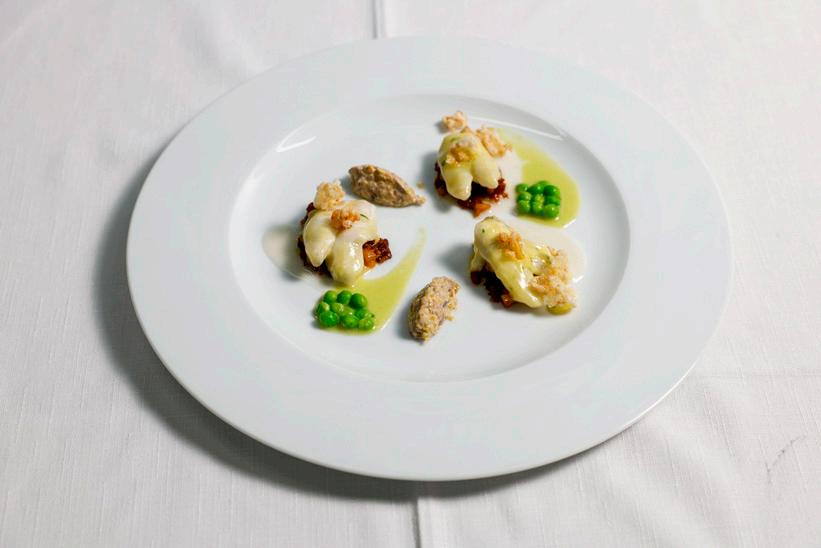
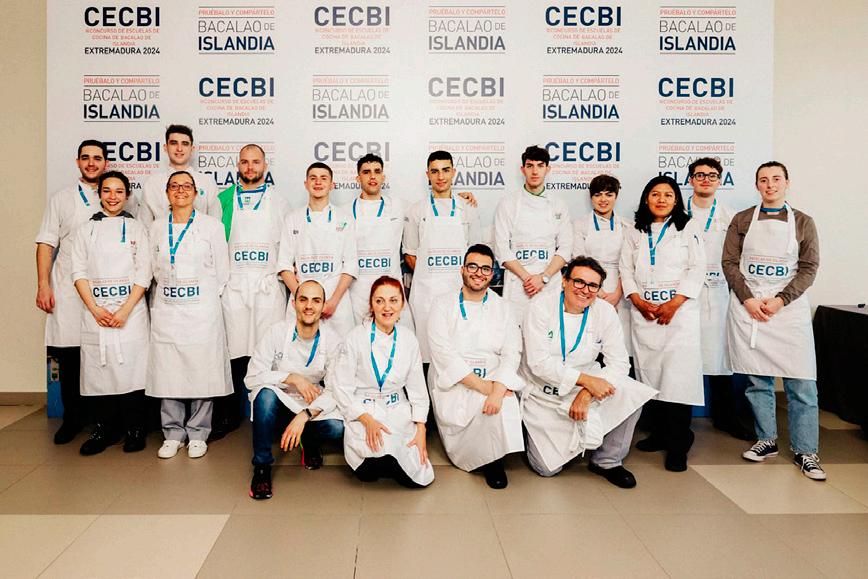
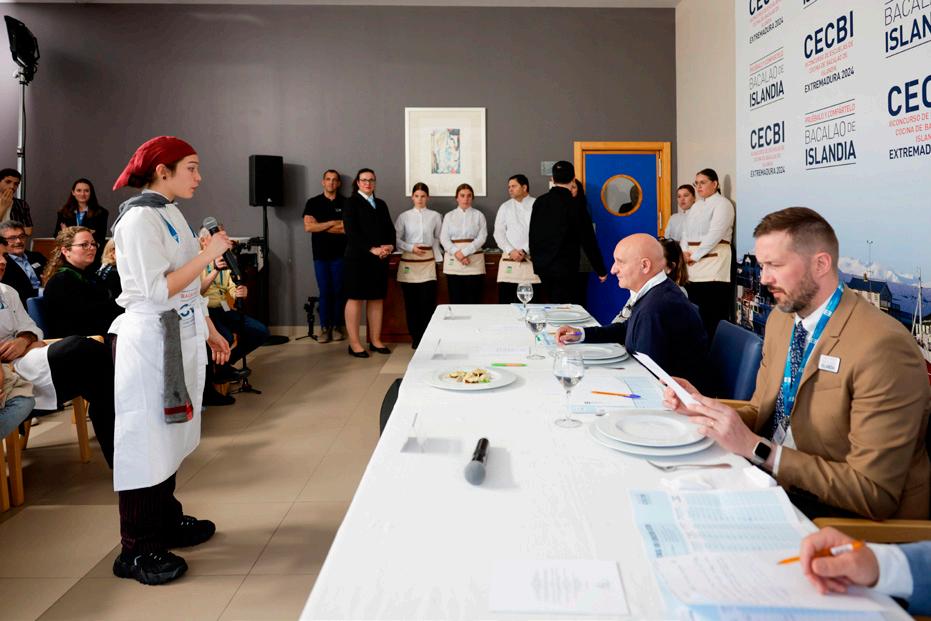
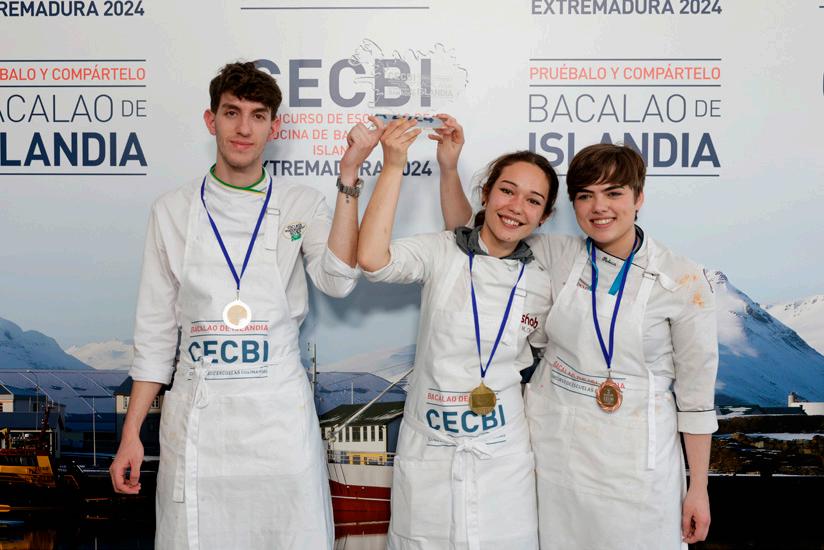 Kristinn Björnsson (Business Iceland), Cristina Jolonch (La Vanguardia), Toño Pérez (3 Michelin Star/Atrio Restaurante), Diego Chavero (CECBI winner 2023), Magnús Jónsson (Iceland Seafood)
The jury.
Ramón Arias 2 place (Sevilla), Marta Oti 1 place (Barcelona), Rebeca Gutiérrez 3 place (Salamanca).
All participants and their teachers.
Winning dish from Marta Oti.
Kristinn Björnsson (Business Iceland), Cristina Jolonch (La Vanguardia), Toño Pérez (3 Michelin Star/Atrio Restaurante), Diego Chavero (CECBI winner 2023), Magnús Jónsson (Iceland Seafood)
The jury.
Ramón Arias 2 place (Sevilla), Marta Oti 1 place (Barcelona), Rebeca Gutiérrez 3 place (Salamanca).
All participants and their teachers.
Winning dish from Marta Oti.
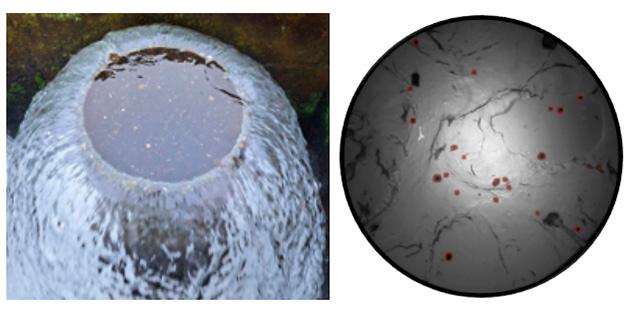

Klaki ehf is one of the most innovative companies in Iceland today, specialising in high-tech systems for seafood production, fishing vessels and other areas of the food industry. Klaki manufactures processing equipment for both fishing vessels and factories ashore, as well as packaging systems for seafood and other foodstuffs production, all based on the latest technology that incorporates robotics, AI and digital imaging. Subsidiary company Ration ehf employs the same technologies in its services to the aquaculture industry, and both companies have a workforce of highly-trained specialists in engineering, robotics, AI and imaging technology.
Klaki ehf has a 50-year history of design and production of technical equipment for fisheries and other industries. Four years ago engineers Óskar Pétursson and Páll S. Helgason joined the shareholders and since then the focus on the latest technological systems in Klaki’s offerings has increased significantly.
‘Automation, robotics, imaging and AI are part of fish processing today, and will play an even larger part in the future. Robots play key roles in modern automation and will do so increasingly as the future becomes even more automated. In addition to robotics, our field of expertise extends to digital imaging and AI, and using these technologies has enabled us to solve even more complex automation challenges than has previously been possible. We are able to
use technology and robotics to work with products that vary in shape and in different alignments. In the seafood sector this can be applied to product packing and finishing products, but there are a great many possibilities to apply this technology across every aspect of production of seafood and other foodstuffs,’ said Klaki’s managing director Óskar Pétursson.
Klaki ehf designs and manufactures high-tech equipment to suit each customer’s requirements and each installation. Higher levels of automation and technology always pay off for clients.
‘Our role is in both turnkey systems and also tailor-made equipment, and our own production of systems we have designed and have available. In general, we can say that higher levels of technology provide producers with more options to deliver better to their customers and to offer a broader variety. Automation is both the present and the future,’ he said.
‘We have been fortunate in that large and growing companies have chosen to co-operate with us to develop systems that frequently benefit the sector as a whole. Companies such as Rammi (now Ísfélag) and Akraborg have trusted us to develop processing lines and systems for their production. This kind of co-operation contributes to building a higher level of technology and a stronger infrastructure

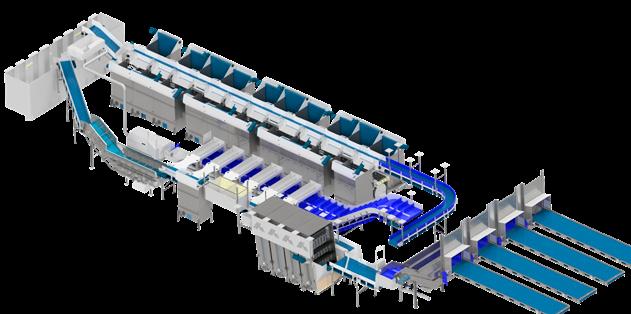
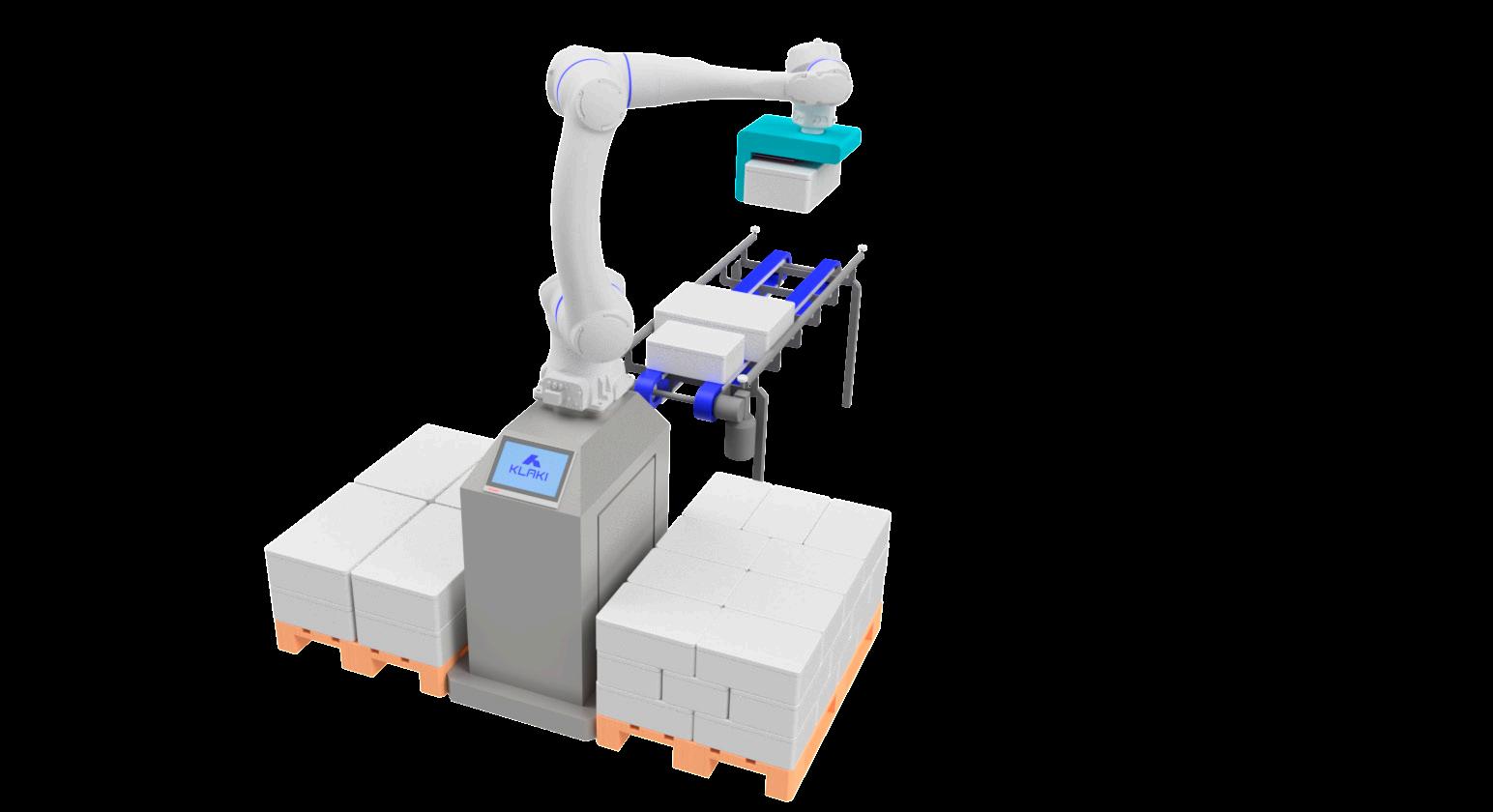
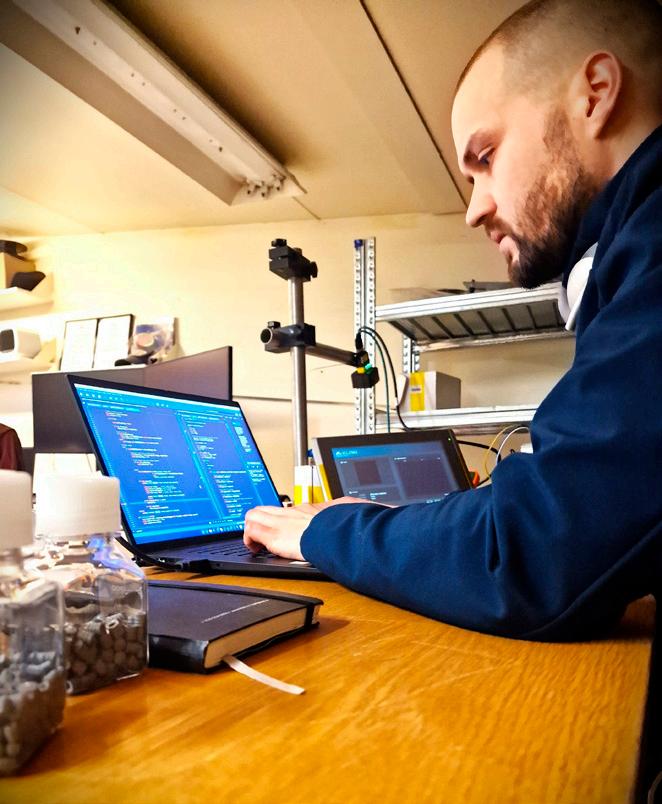
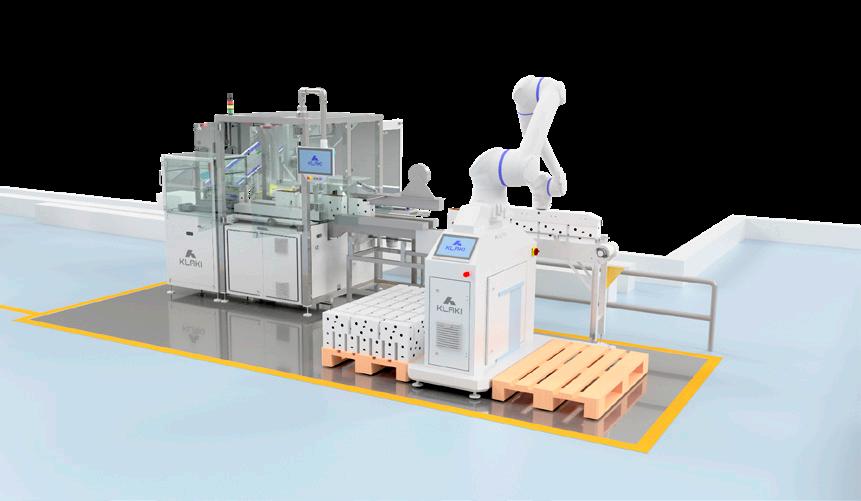
framework for the sector as a whole. These companies deserve a vote of thanks.’
Alongside the expansion of Klaki ehf, subsidiary company Ration has specialised in high-tech systems for aquaculture. These include equipment that employs digital imaging and AI to count and assess the quality of salmon roe and systems to enhance the feed usage of salmon in land-based aquaculture. In both instances this is equipment that relies on digital imaging and AI – technologies that process data with greater speed and precision than the human eye and brain can.
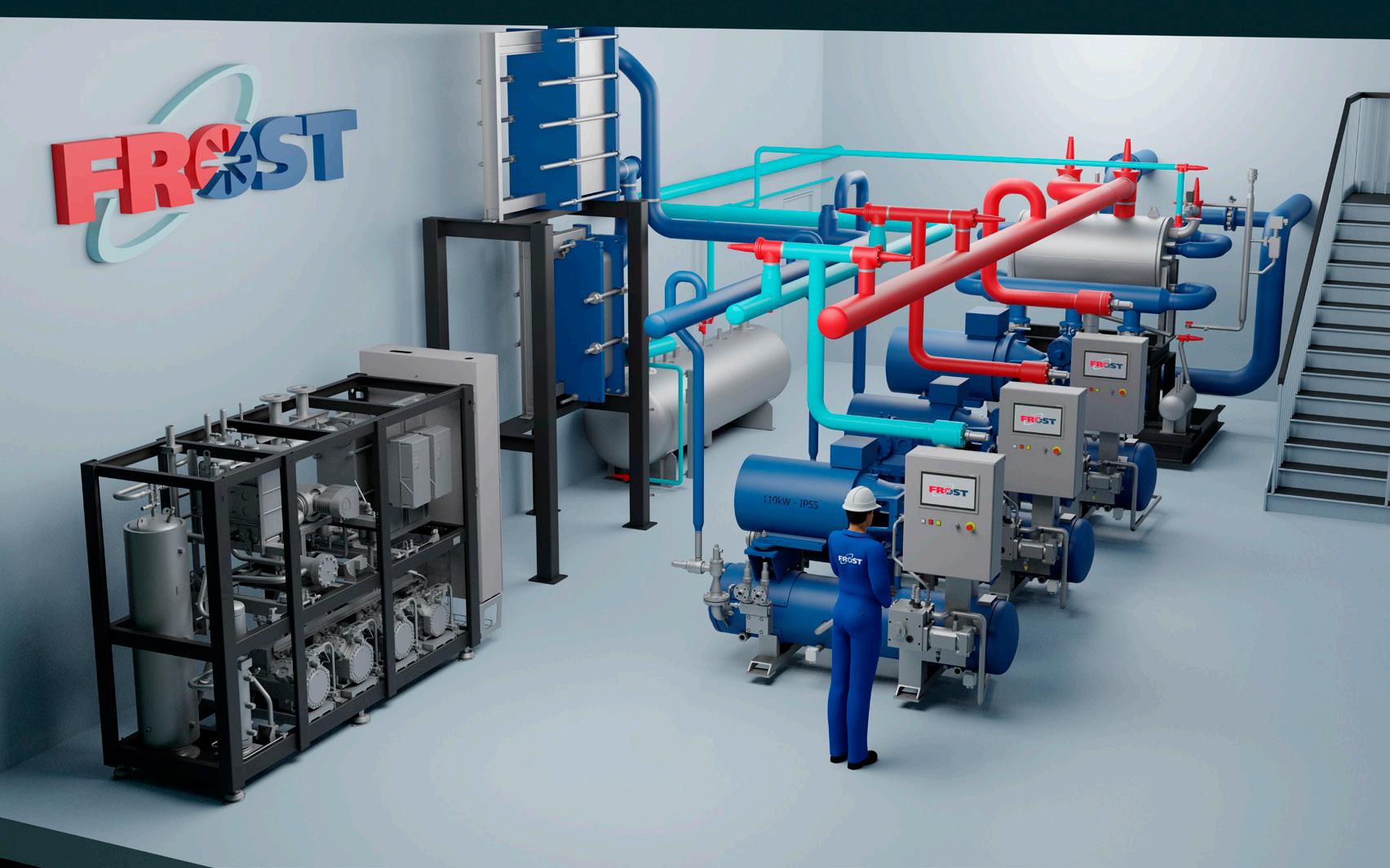
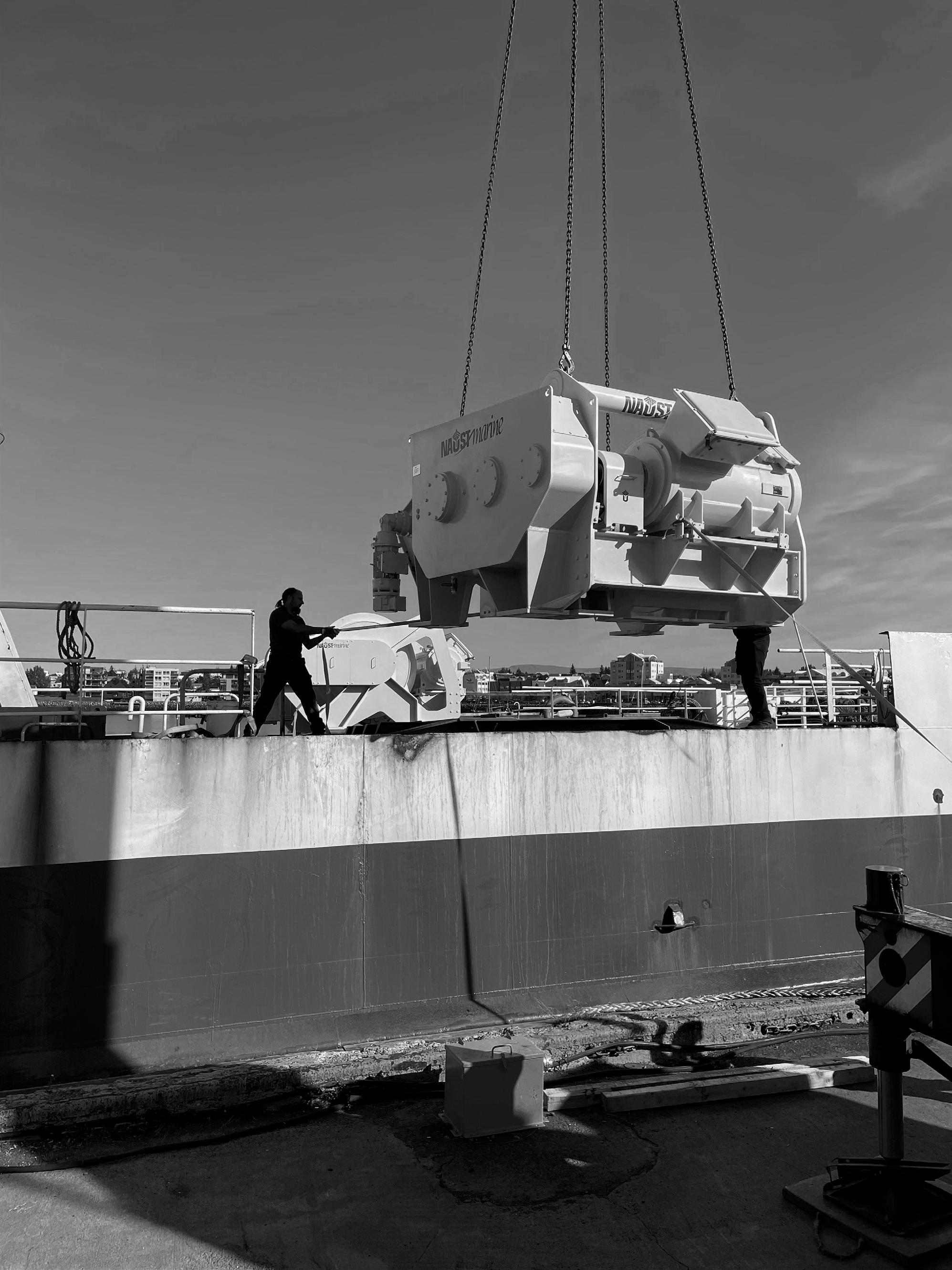
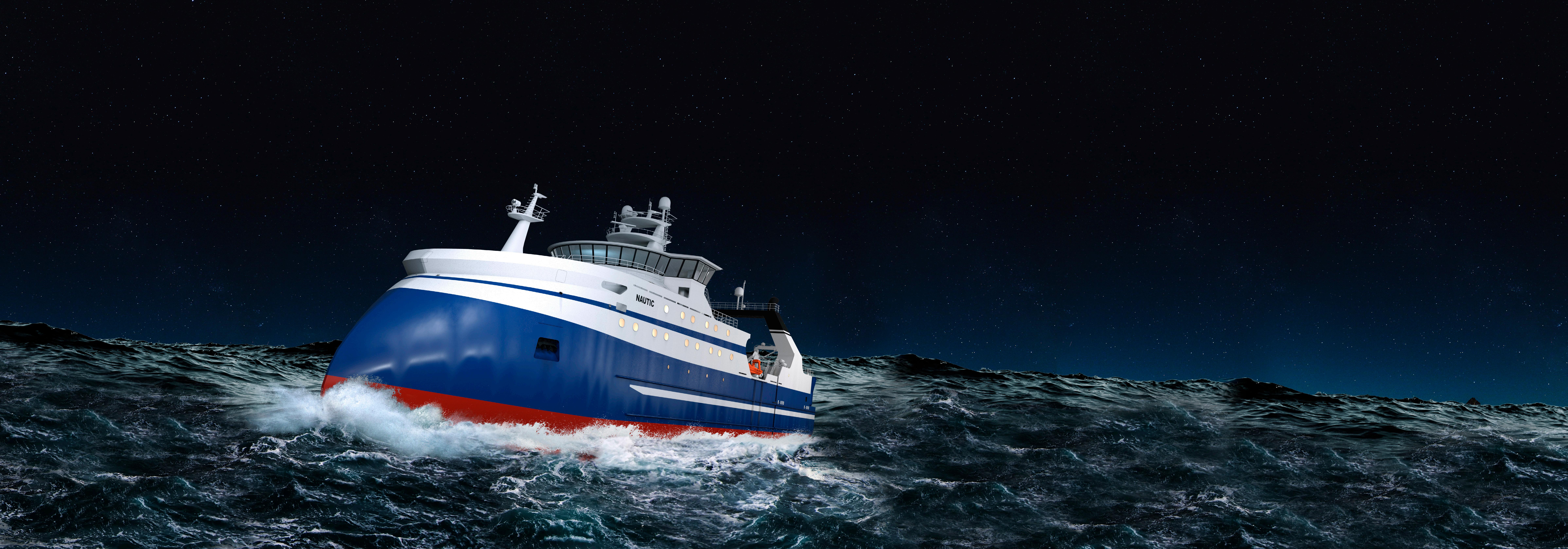
WE MAKE COOL THINGS HAPPEN
COMPLETE SOLUTION IN ONE PLACE


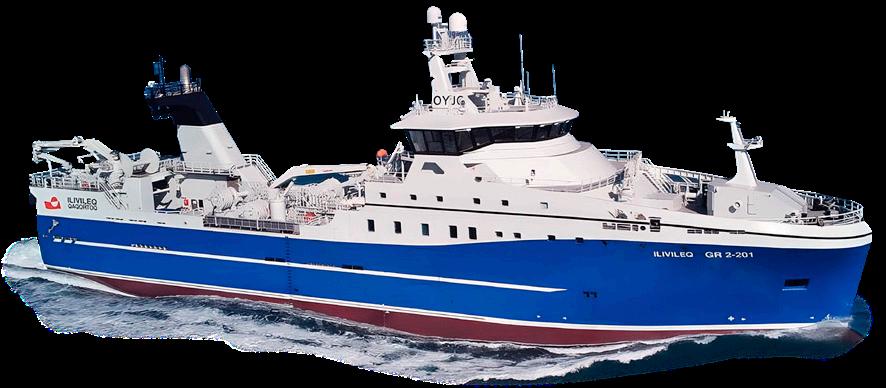
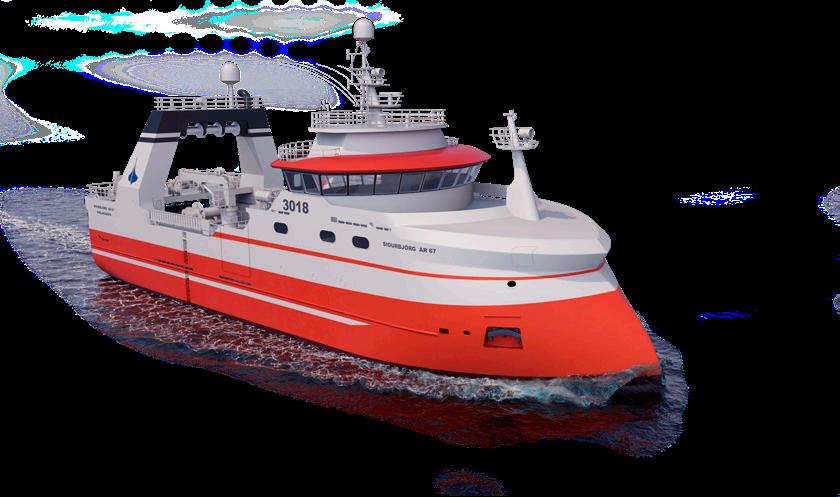
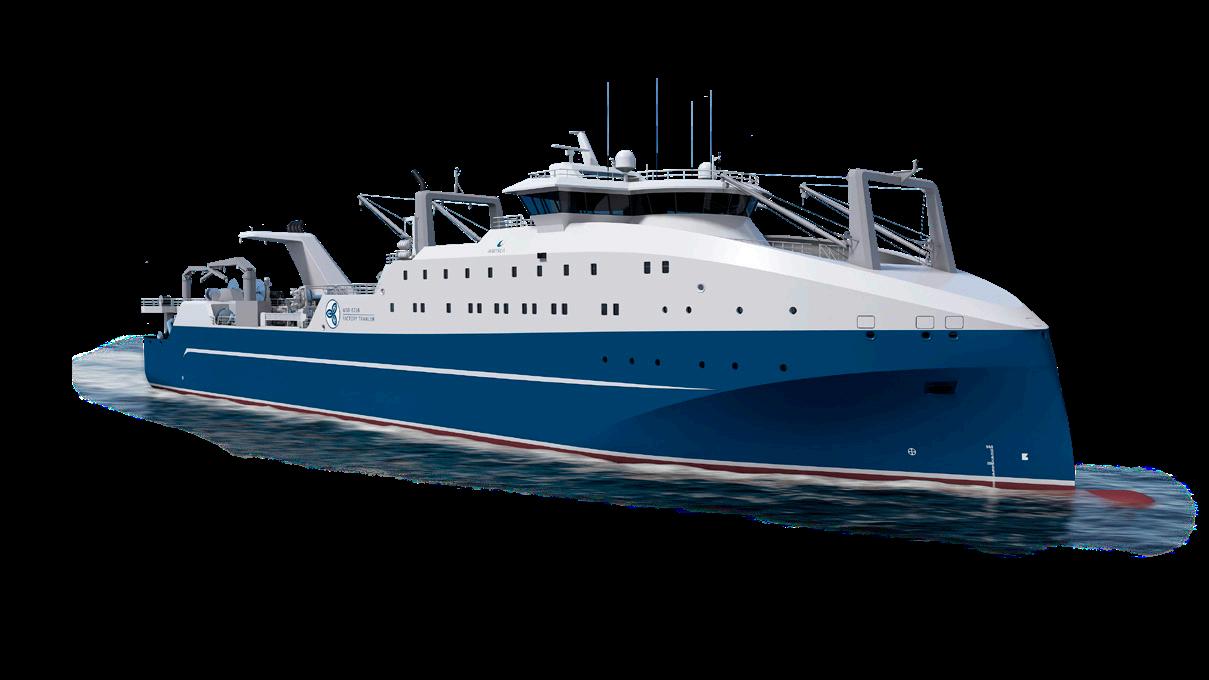
Slippurinn Akureyri provides a range of ship services and is a leading player in the segment in Iceland. The company has at its disposal extensive dry-docking facilities for smaller and larger vessels, as well as specialised services in metalworking, engineering, engine repair, lathe, painting, refitting, newbuilding and other areas related to repair and maintenance of vessels of all sizes. The company also offers design, manufacture and installation of processing systems for fishing vessels.
‘Our strength in ship services is based on excellent facilities and a wealth of experience and specialised expertise among our staff in ships and their maintenance. We have demonstrated clearly in recent years that our service offering is of the highest class,’ said Slippurinn Akureyri’s managing director Páll Kristjánsson.
Overseas clients are increasingly coming the yard in Akureyri for ship services, as the
DNG Processing Solutionssolutions that meet the customer’s requirements
Slippurinn has in recent years expanded its activities in the production of processing installations for whitefish and other seafood products, for both onshore and onboard processing. These systems are produced by Slippurinn under the DNG banner, with production teams based at the company’s main location in Akureyri and its branch on the south-west peninsula. In many instances customers come to Slippurinn looking for complete installations that guarantee efficiency and cohesion between elements.
‘We have at our disposal a skilled processing equipment design team, as well as expertise in production, management and installation. The key is to ensure the customer gets the processing layout and solution that provides optimum revenue,’ Páll Kristjánsson said.
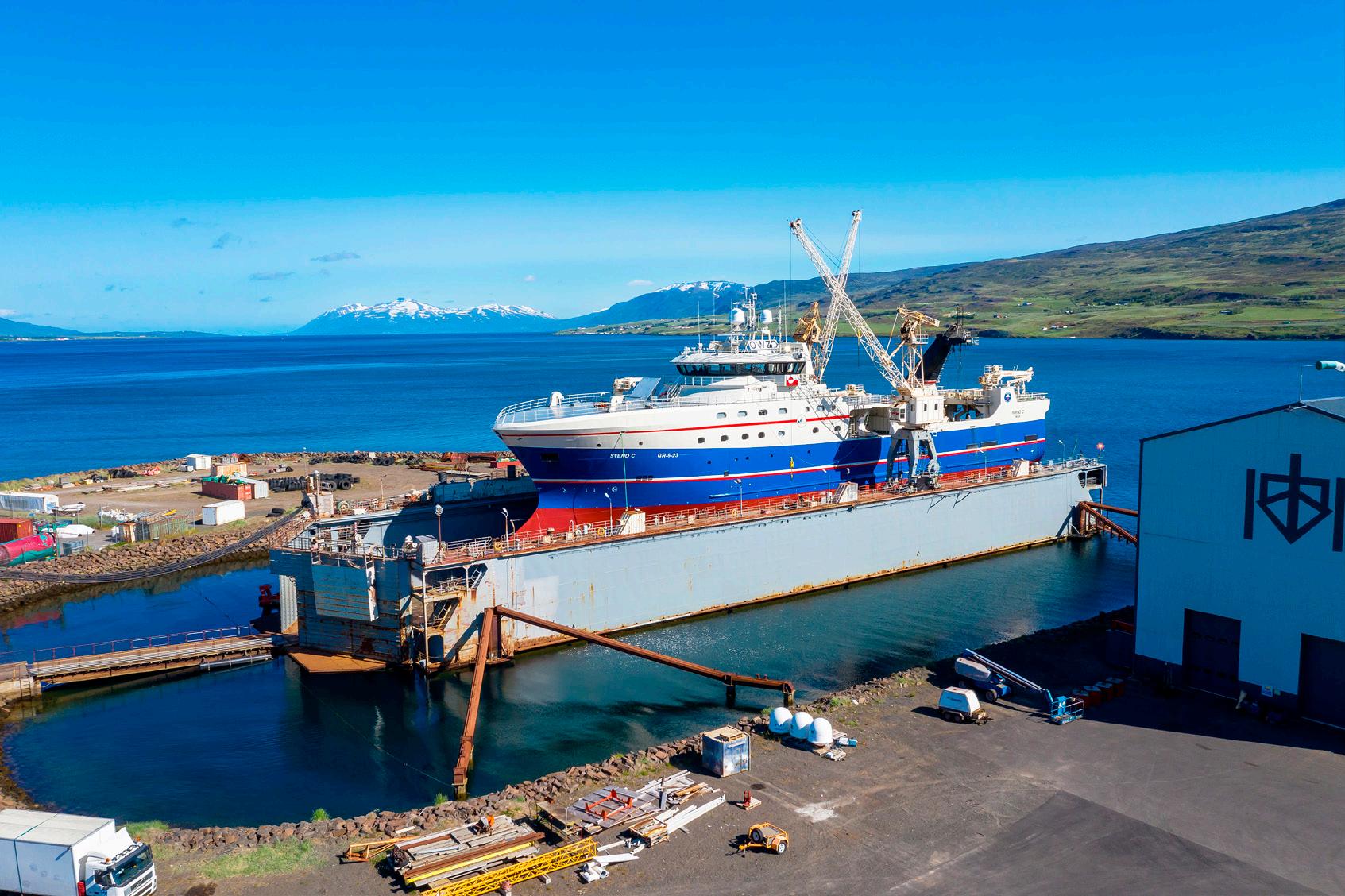
We offer first-class ship services.
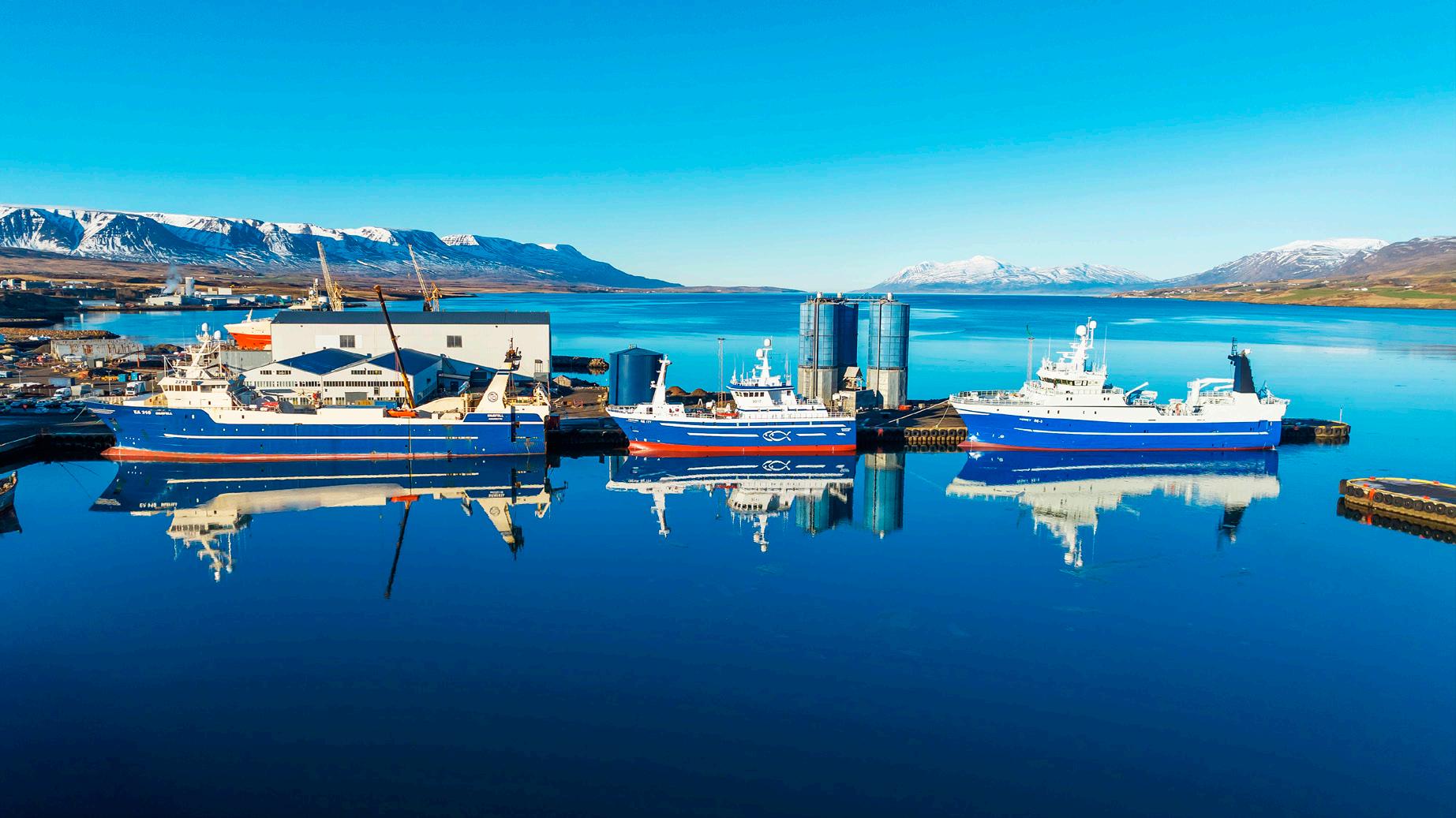


processing systems for handling farmed fish. Slippurinn also takes on the design and manufacture of specialised equipment and technical systems, as well as general steelwork related to installations in the aquaculture sector.
Your one stop to smooth sailing! The company’s comprehensive service offering and specialist expertise ensure that Slippurinn Akureyri maintains a strong competitive position. The company can draw on decades of experi ence in ship services, metalwork, engine services and other areas as it seeks to innovate and expand into new sectors, such as the manufacture of specialist processing technology, aquacul ture, design and more. This enables each service segment to support the others.
The advantages of this are passed on to the customers of Slippurinn Akureyri, who can be confident of first-class service. Everything in one place!
Further information on our web site: www.slipp.is
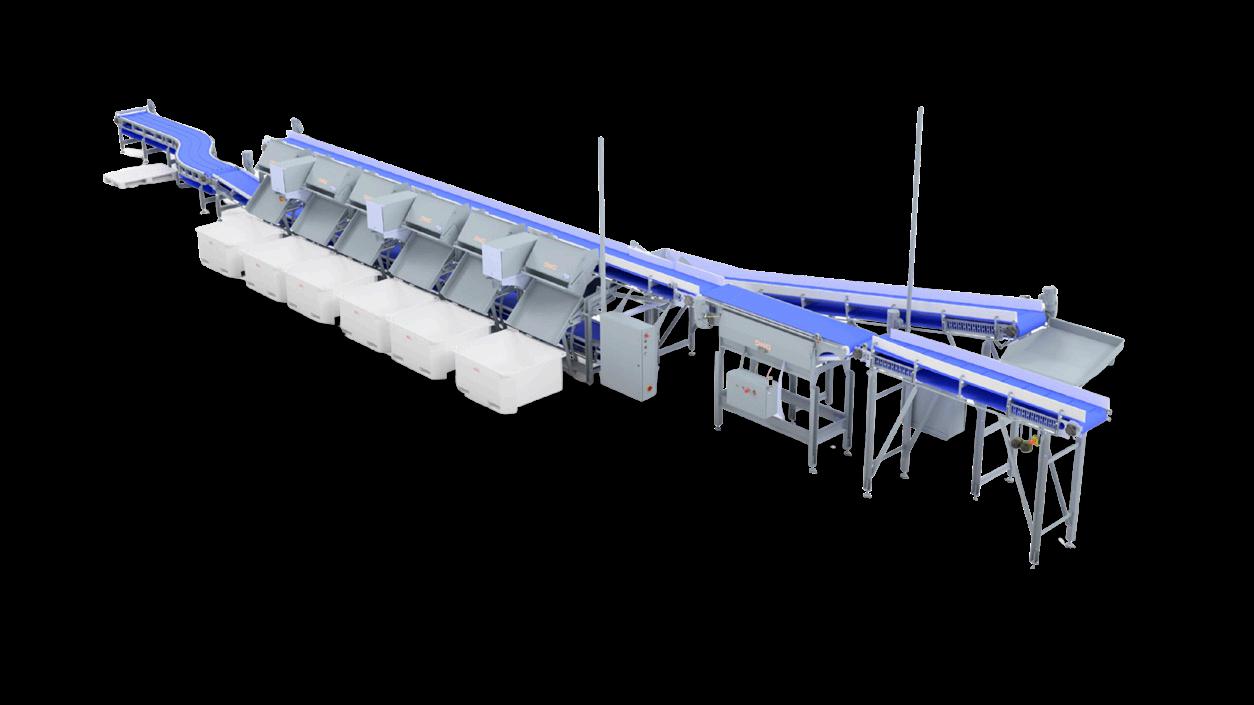
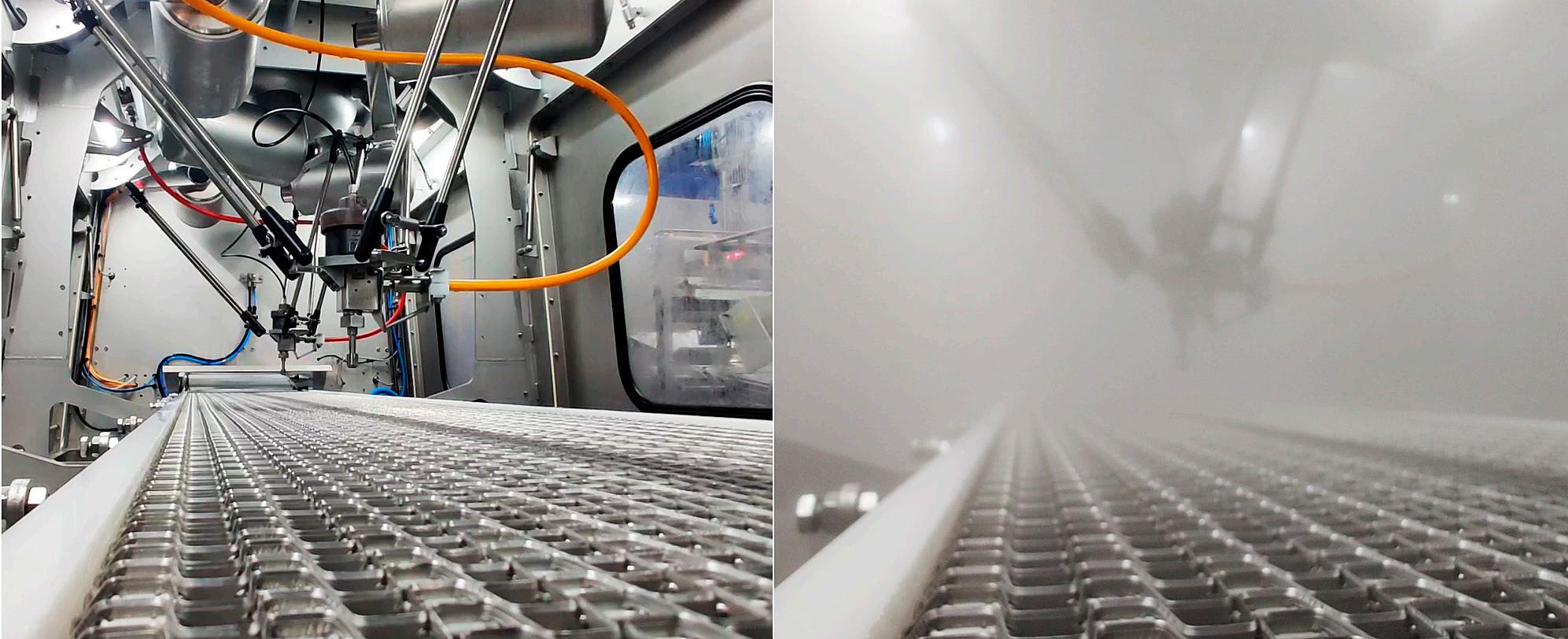
Icelandic company ALVAR has achieved a unique position with its systems that disinfect processing for seafood and other foodstuffs, and this is a disinfectant mist that completely fills processing areas to sterilise whatever it touches. There are now around 200 ALVAR systems in use in fish processing companies and on board fishing vessels around the world. ALVAR has been producing these systems for the last twenty years and has received numerous awards.
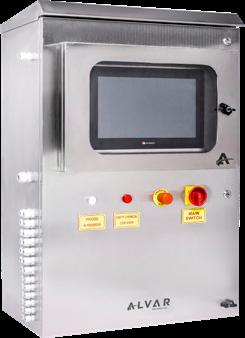
The largest ALVAR systems have 12 channels and can cope with the largest processing units.
is much more effective than with manual methods. The system is fully automatic, which also reduces costs.
“All the same, the primary consideration is helping our customers guarantee the quality of their finished products and to prevent any failings in food production,” says ALVAR’s managing director Guðmundur Sigthórsson.
The disinfectant mist reaches areas in food production that cannot be cleaned satisfactorily using manual methods. This enables the mist to sterilise harmful bacteria wherever they may be – under tables, inside closed machinery, in tight corners, and many other places.
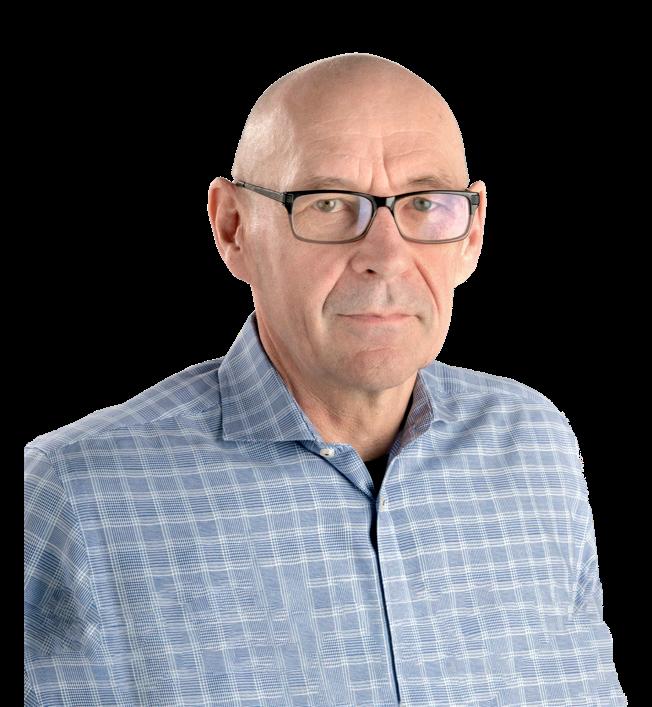
There are numerous advantages of using a disinfectant mist compared to conventional cleaning methods. Water usage is 90% less and considerably smaller amounts of disinfectant are required, even though disinfection
ALVAR managing director
Guðmundur Sigthórsson.
“Hygiene, security and quality are the most important criteria in food production today and we know from our experience over the last twenty years that the disinfectant mist helps our customers ensure quality in production of high-quality foodstuffs.”
Systems for any food producer
ALVAR’s disinfection systems are available in a range of sizes, depending on the extent of the production area, whether this is a factory on land or a fishing vessel at sea. Users can set the disinfection frequency, and the standard choice is for this to be done daily, depending on what is most suitable for each processor’s activities.
More information on Alvar’s web site at www.alvar.is
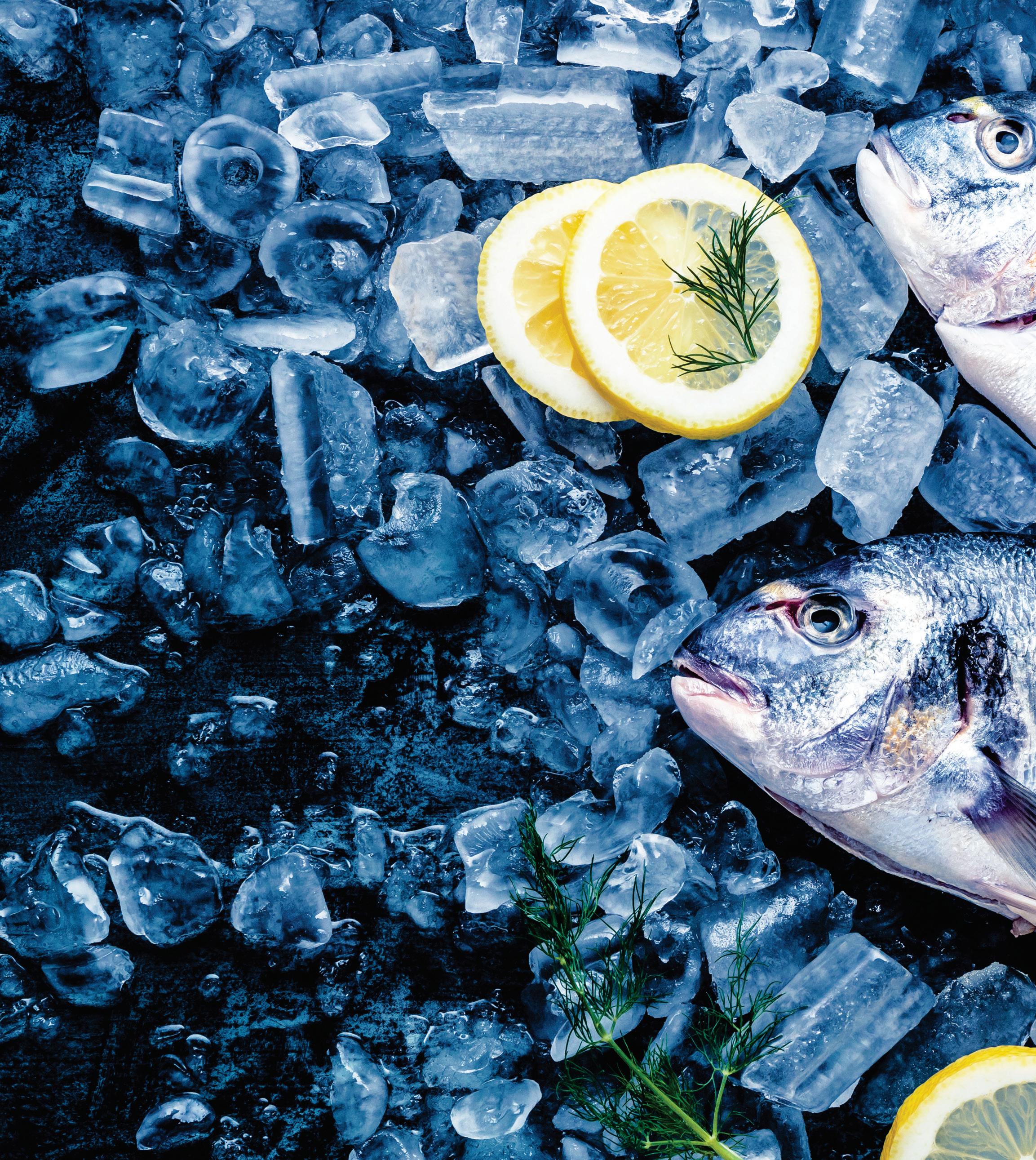
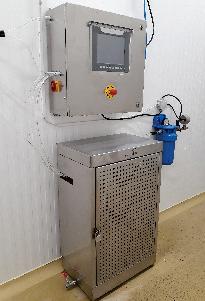
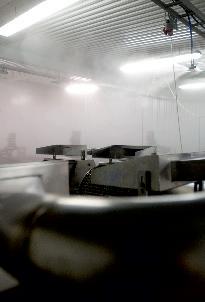
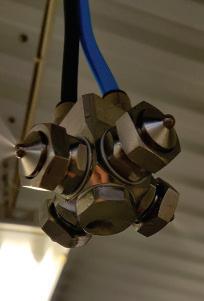

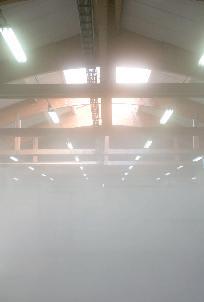 Icelandic Pavilion
Booth 3BB401
Icelandic Pavilion
Booth 3BB401
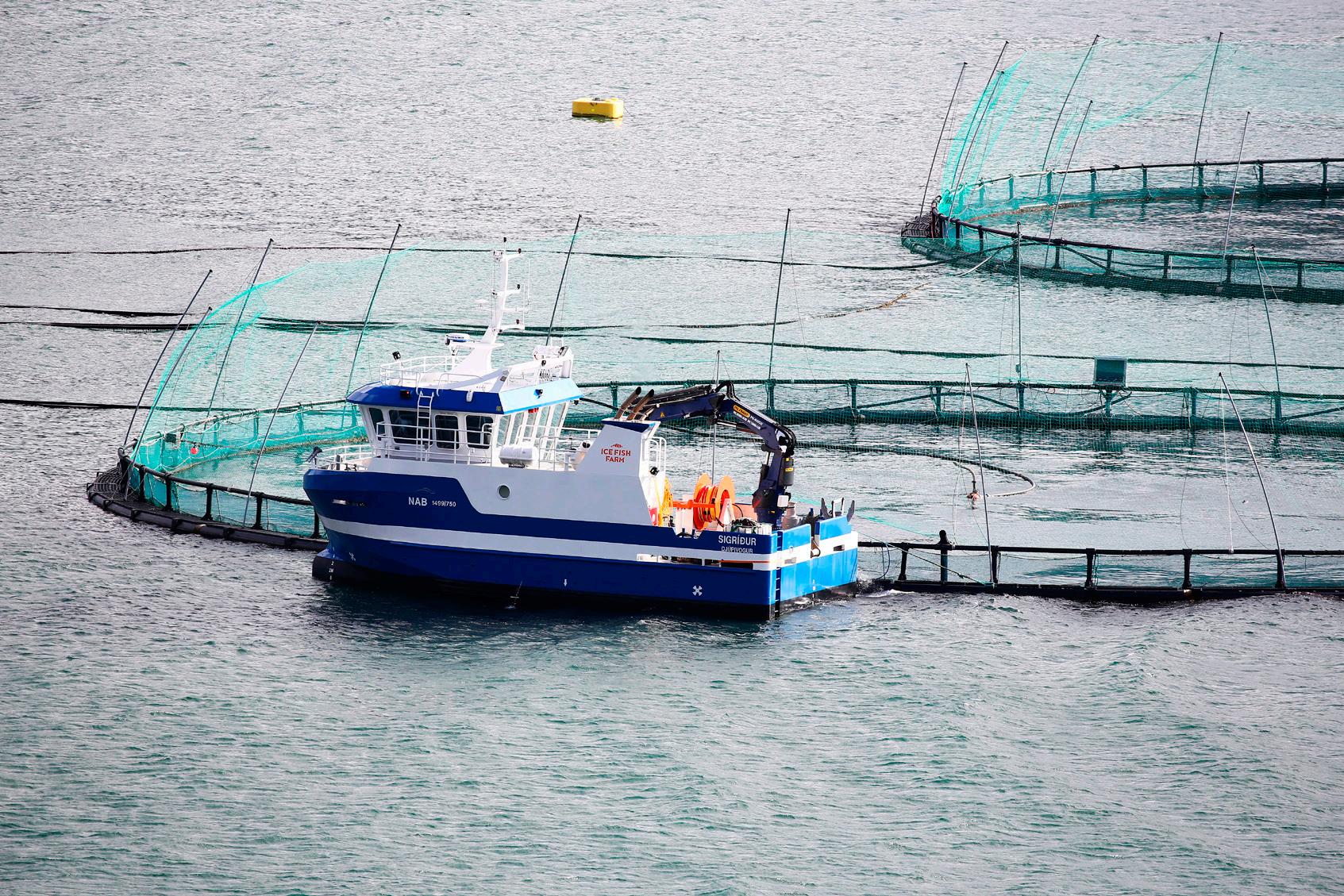
Aquaculture production in Iceland has grown fast over the last decade, with more than 90% of production heading for export markets. The largest sector is salmon, and Icelandic farmed salmon is reared primarily in sea cages, although land-based salmon aquaculture is set to grow significantly in the coming years and several installations are under construction, intended to rear salmon on land.
In recent years salmon has accounted for close to 80% of the value of exported aquaculture production. In 20023 the value of salmon exports reached ISK36,6 billion, while other exports were feriltised eggs worth approximately ISK3 billion, trout valued at ISK5.4 billion and other aquaculture products with ISK1.1 billion.
Production of farmed salmon last year came to 31,000 tonnes, a substantial
growth considering the 2015 figure was just 1200 tonnes. 3500 tonnes of famred trout were produced in 2023, as well as around 1000 tonnes of other species, mainly Senegal sole.
Aquaculture has accounted for 12-14% of the overall value of Iceland’s seafood exports in recent years, and this is set to increase.
There is a variety of reasons behind this. There are no opportunities to exploit conventional stocks further, the global growth in population demands more farmed production, and in addition to this there will be a growth in both sea cage and land-based production in the coming years.
Aquaculture is currently Iceland’s fastest-growing industry.

With its origins in the port of Hafnarfjörður, Markus Lifenet’s managing director, Pétur Pétursson is justifiably proud of the company’s achievements. Although it hasn’t always been an easy ride, the company has grown steadily over the past decades. Today it has a staff of 6 and customers around the world.
Prospects for the company look good and Markus Lifenet certainly enjoys an added prominence since they were asked to take lead in development of new ISO standards for means to recover people from water, as follow up to the new SOLAS regulation III/17-1. This role brought a new focus to the company and its frequently pioneering work. Pétur Pétursson said that in compiling the new ISO standards, the emphasis has been placed on the human element and in particular on generating a safety culture, as safety at sea is not something to be taken lightly.
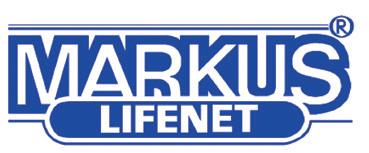
‘It’s not always obvious that someone preparing to enter into freezing water to rescue a fellow crewman or person in need for help, will always know just how to react to an emergency. Not everyone has the courage or the clarity of thought that this kind of incident requires, but our person in
water recovery system Markusnet, has repeatedly proved its worth under the harshest conditions. It’s a portable and simple piece of equipment that has the added advantage of being effective and relatively cheap compared to some products on the market. Most of our person in water recovery systems are designed so that one crewman can deploy them in a matter of seconds, and for two to four crewmen to lift the victim back on board manually. A light deck crane can also be used to retrieve the victim,’ he said.
It is now 40 years since skipper Markus Thorgeirsson began developing the prototype Markusnet, designed specifically for recovery of persons from the sea in rough sea conditions. At the time, the idea was seen as innovative while also being simple. Since then, the Markus Lifenet products have become an important part of the array of recovery equipment that commercial vessels carry, thanks to Markus Thorgeirsson’s vision and confidence in his idea, as well as Pétur‘s relentless drive to collect and distribute information on techniques and knowhow to recover people from water and floating objects over the last 30 years.

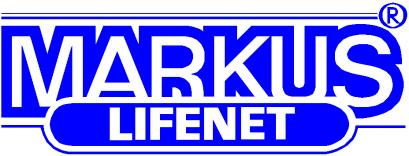

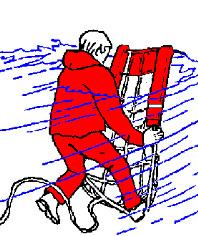
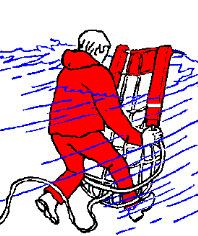
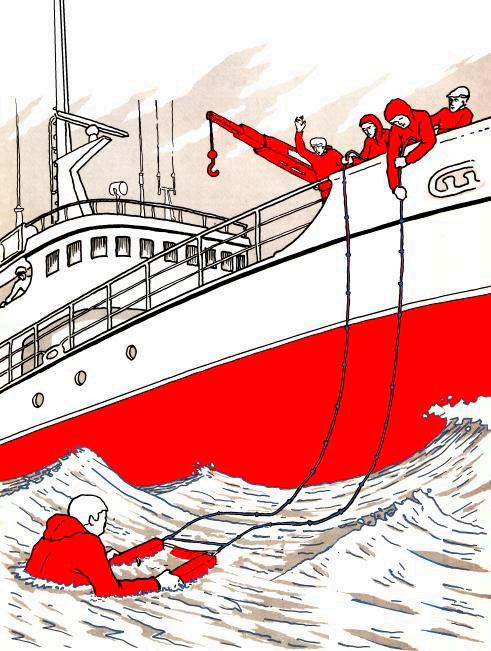
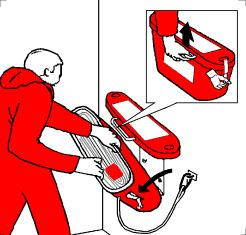
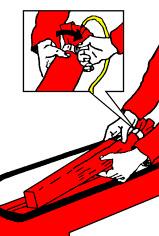

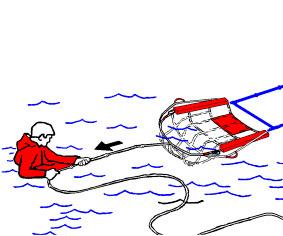
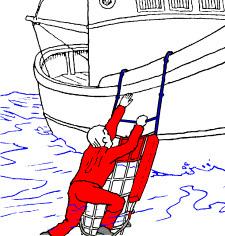
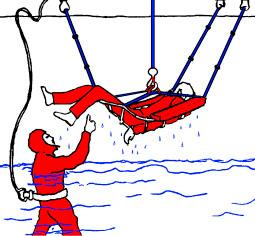
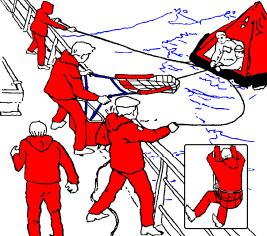
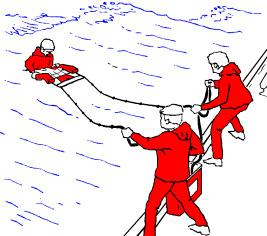


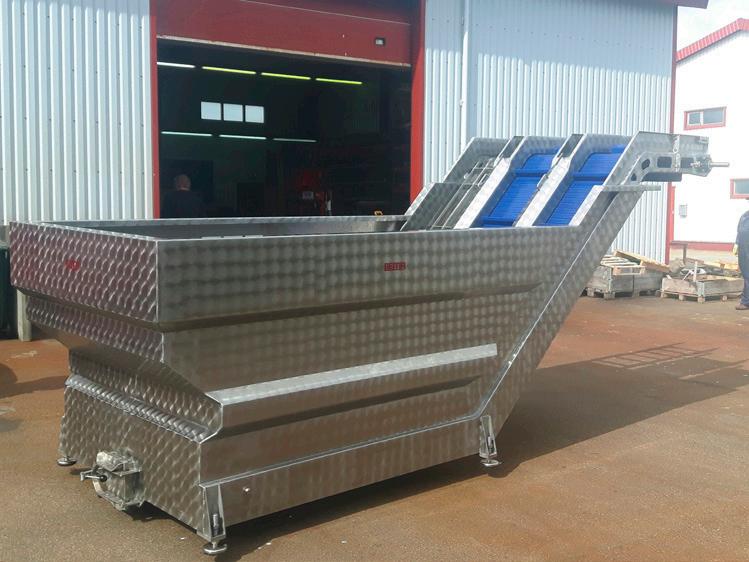
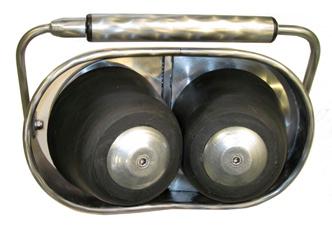
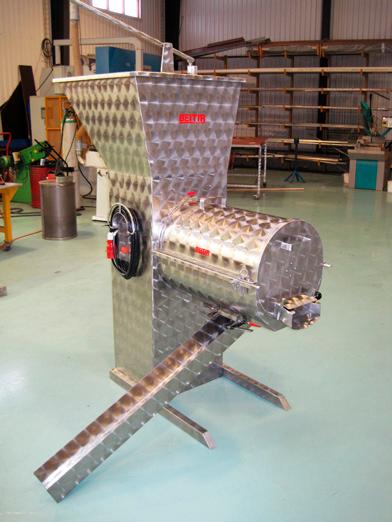


Beitir has a 35-year track record of producing stainless steel equipment for both the fishing fleet and shorebased processors in Iceland and around the world. The company designs and manufactures tailor-made systems in close collaboration with its customers.
The company is best known for its range of longline and deck equipment for coastal fishing vessels, and also manufacturers a variety of systems for shore-based processors, including conveyor belts and tanks for gutting and supply. Equipment from Beitir is used in whitefish production, as well as in salmon processing, in Iceland and overseas. Beitir also produces roe separators and tubs for processing several roe varieties.
As an example of Beitir’s range, the company supplies complete longline systems, which include a line hauler, baiting funnel, bait cutter and a longline chute. Beitir also makes bleeding and gutting tubs, and related equipment for use at sea. The range also incorporates gear for netting, including a net puller, gunwale roller and net hauler.
Custom-built equipment accounts for a large proportion of the company’s activity and Beitir places a strong emphasis on meeting each customer’s requirements.
Beirt has behind it decades of experience in producing equipment for coastal fisheries and fish production ashore, and its focus is firmly on supplying high-quality equipment, made to last. Get






⚫ Condition monitoring
⚫ Pump services
⚫ Steel and plastic piping
⚫ Steelworks and design
⚫ Spare parts service
⚫ 3D scanning
⚫ Installation of machinary
⚫ Maintenance service
⚫ Valves and actuators
⚫ Motors and VFD’s
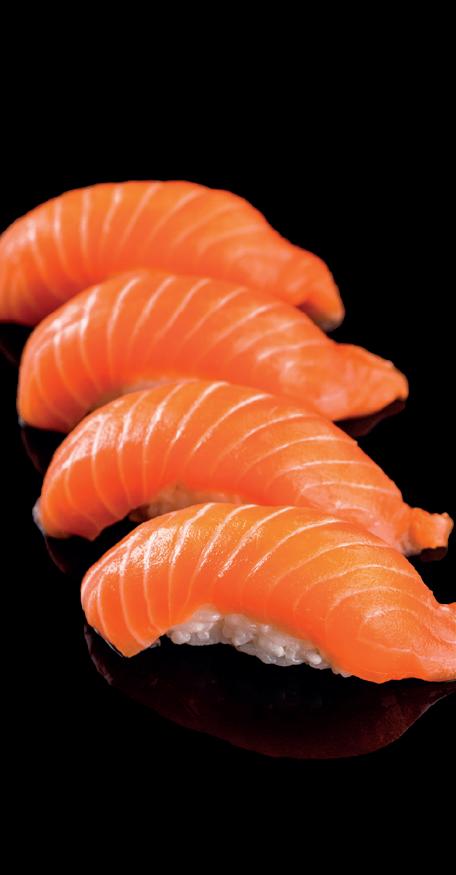
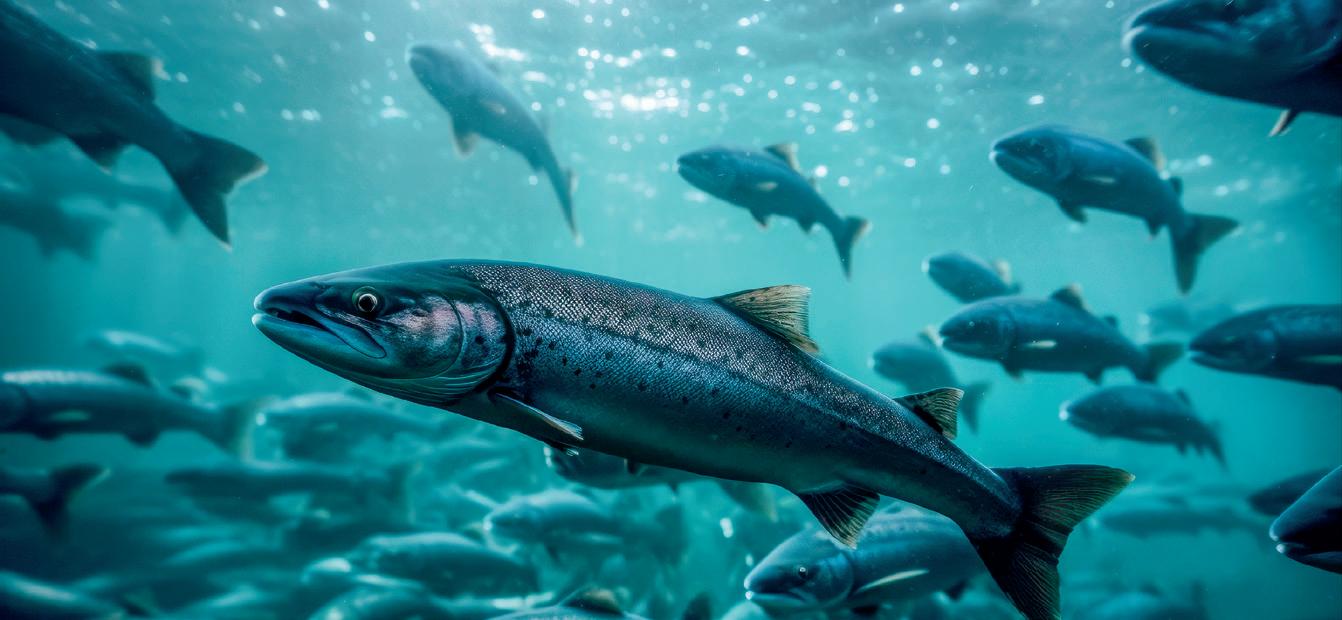

Velsmidja Orms og Viglundar ehf. is a family owned company inn Hafnarfjordur Iceland, established in november 1973. Vélsmiðja Orms og Viglundar has customers across the North Atlantic region who bring their vessels to Hafnarfjörður for maintenance and repair work to be carried out. The company co-ordinates repair work and provides necessary spare parts to ensure that the port calls are kept as short as possible.

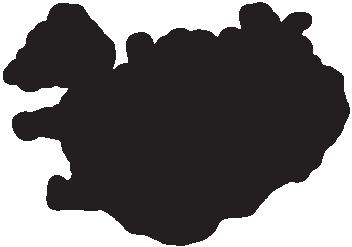
Sandblasting
Slutty blasting
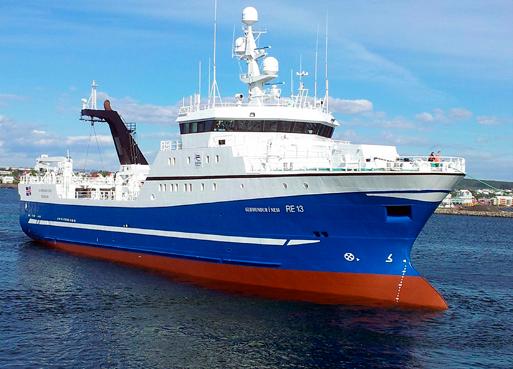
The company has extensive experience of working with propulsion systems and has an accredited propeller workshop – and has yet to encounter a job that’s too big to cope with. The workshops are equipped to repair propeller blades, shafts and hubs. As there is no need to ship any parts overseas for finishing, this ensures that repairs can be completed to a tight time-frame.
High pressure washing, up to 2.000 bar
Paintwork, according to manufactor specification
Steelwork, qualified welders approved by GL-DNV and Lloyds
Stainless steel work
Lathe forging
Propeller repairs, propeller blades and hubs.
Hydraulic repairs / new installations
Carpenters
Spare parts
Project Manager / Engineer
Divers
In our floating docks we offer a complete service for fishery and smaller cargo ships.
Floating dock I Length : 140 m
:
Floating dock II Length :
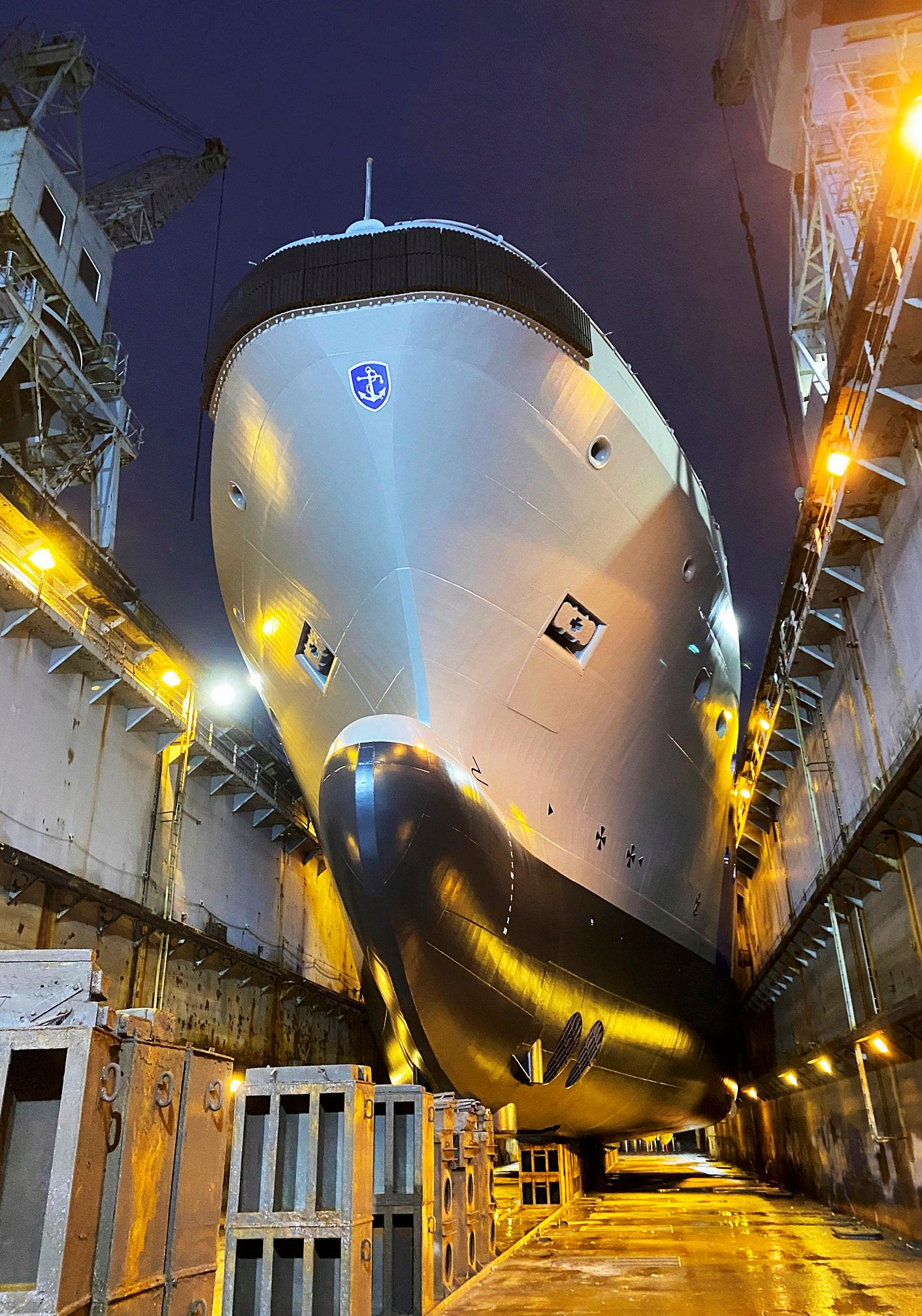
m
m

